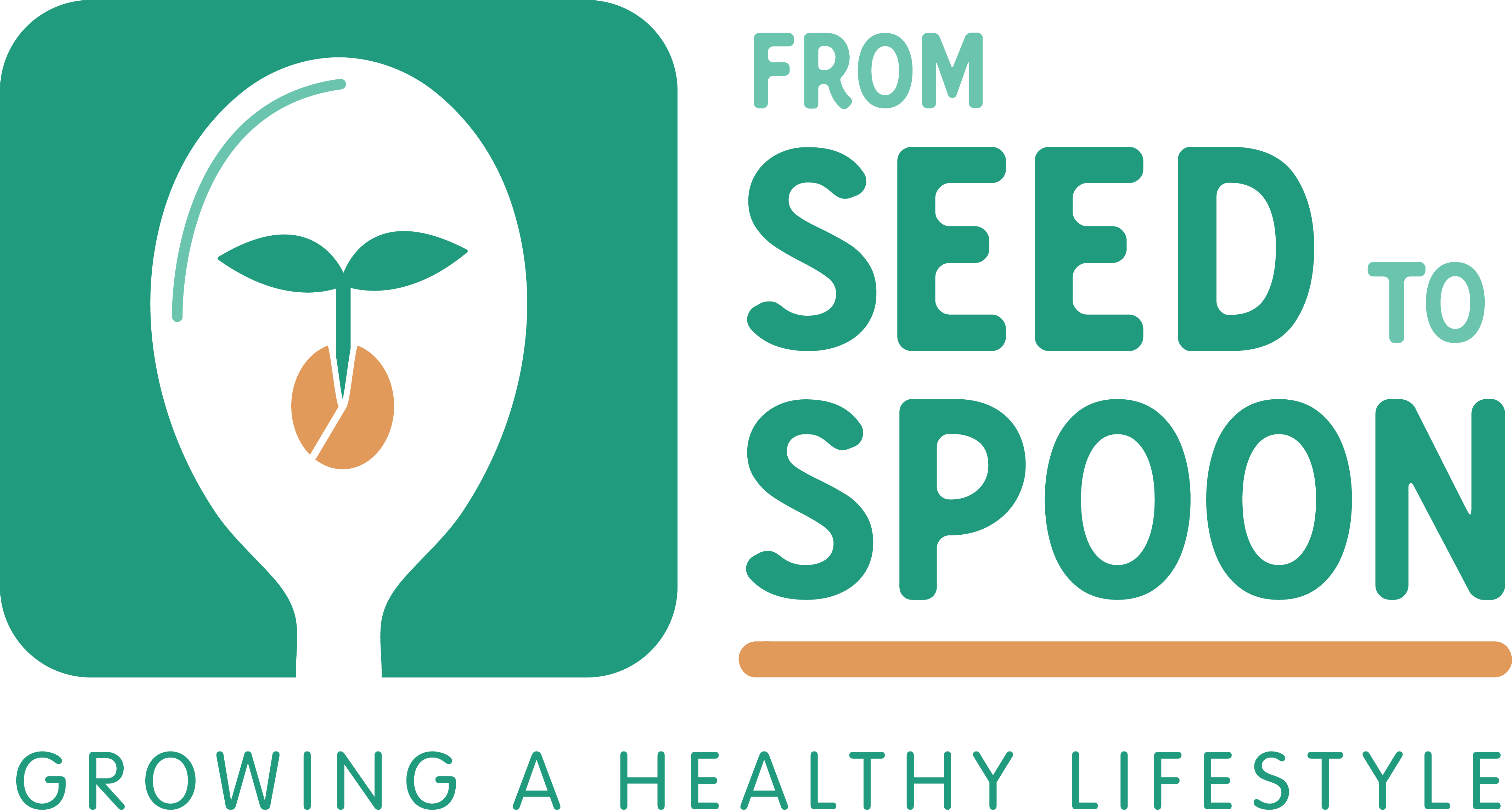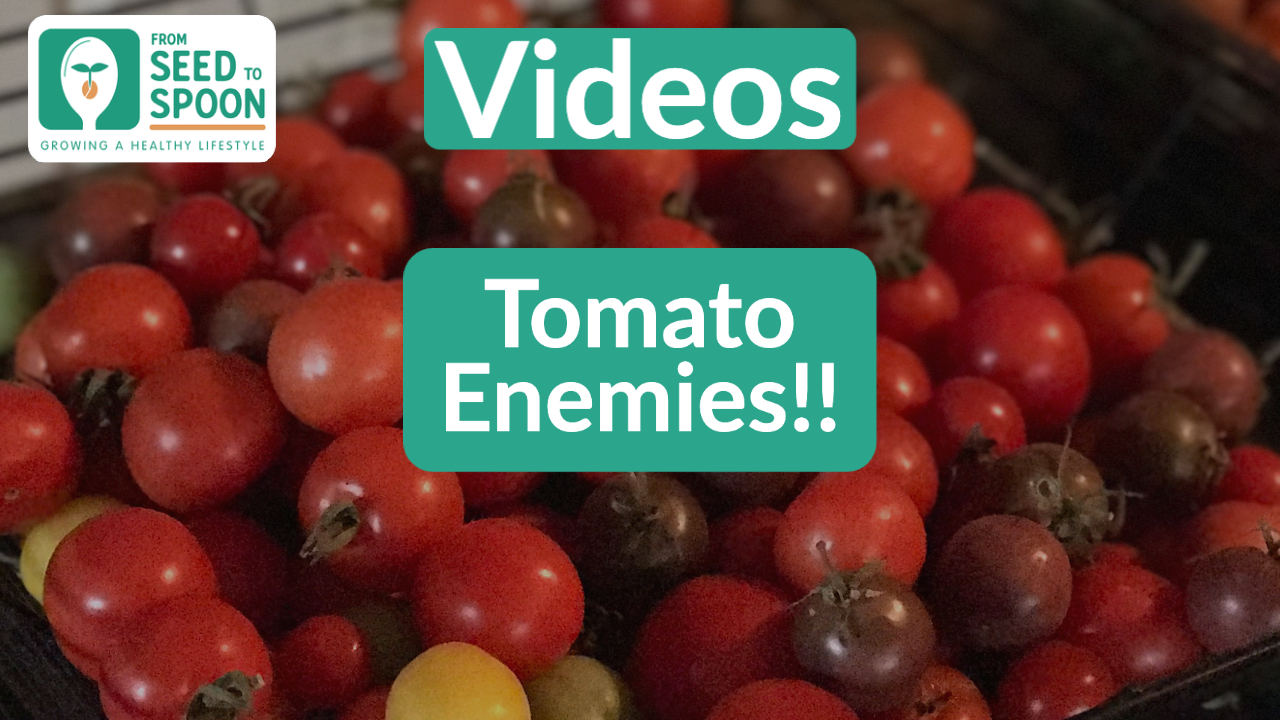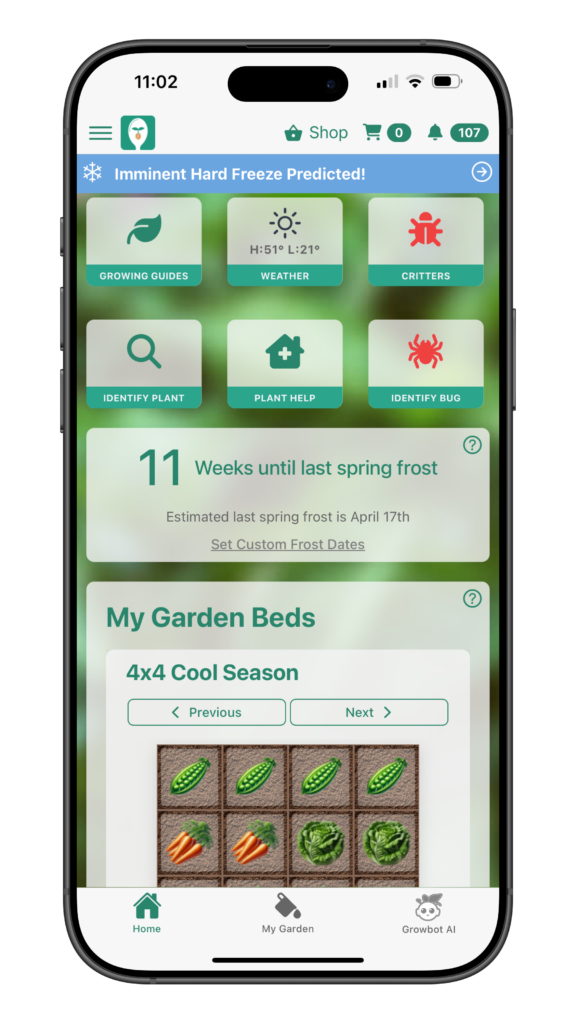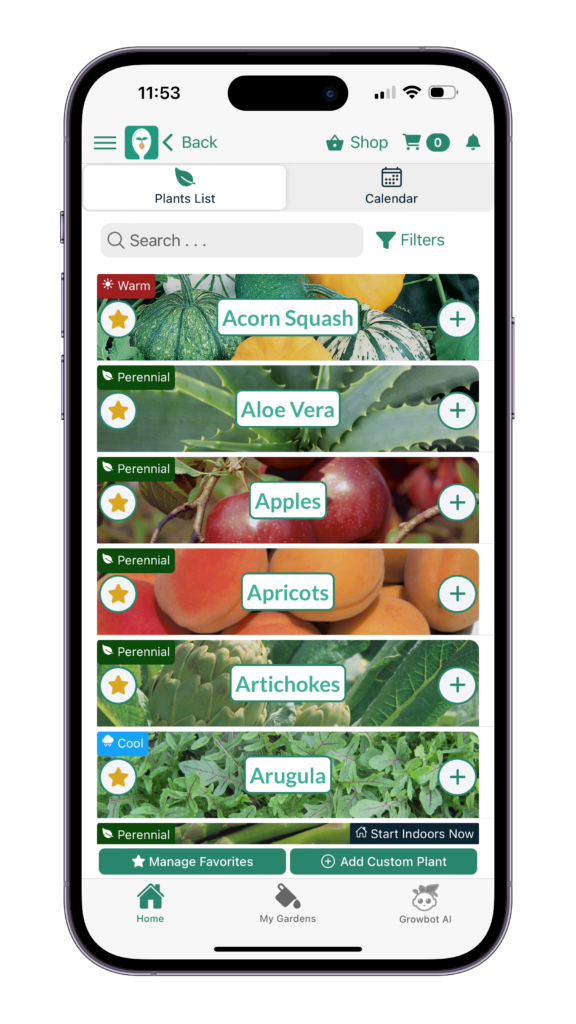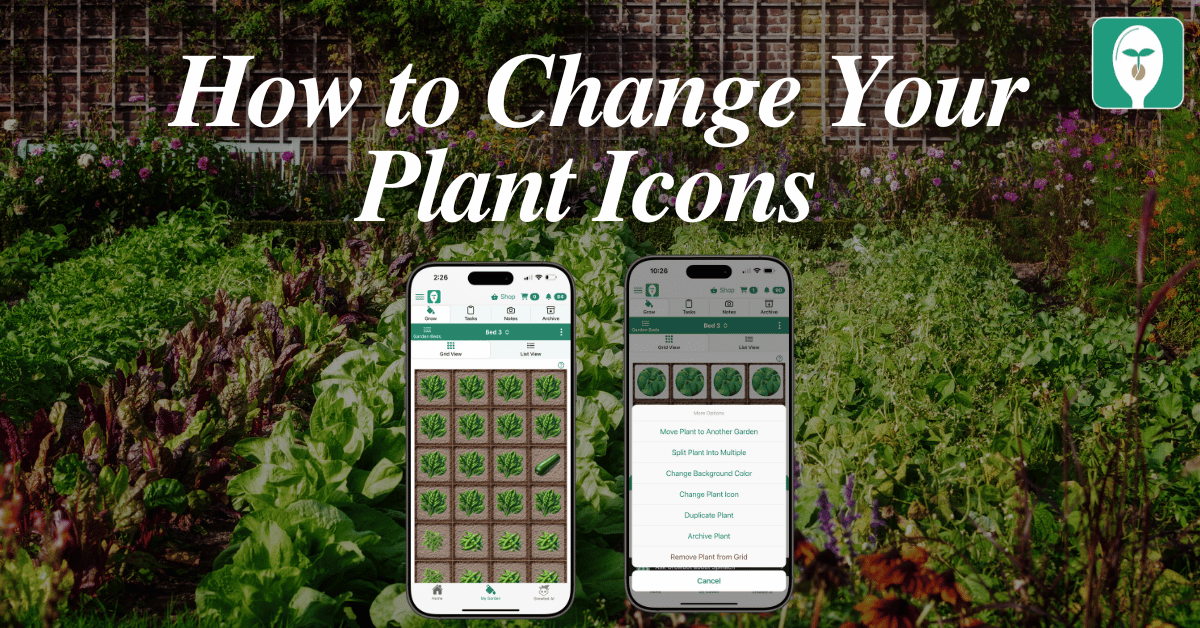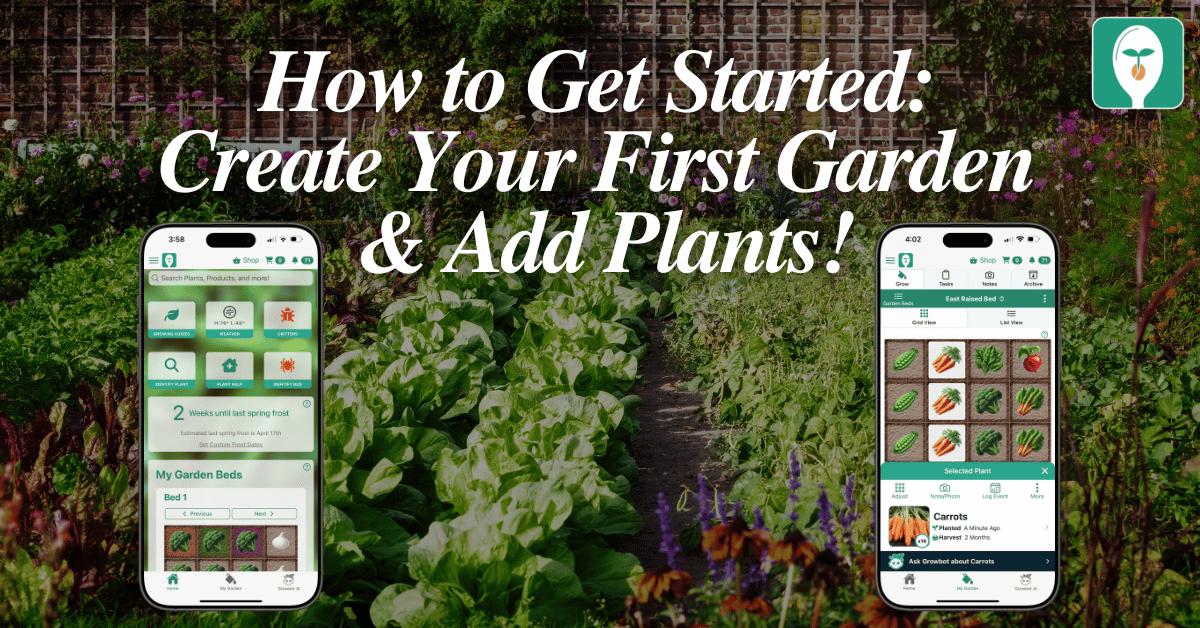Companion planting is essential for having a successful growing season! There are many great companion plants for tomatoes, but did you know that there are many plants that you should avoid planting next to tomatoes???
Check out this video where Carrie goes through the top 5 plants to avoid planting next to tomatoes to help your tomatoes thrive this season!
Brassicas (plants such as cabbage, cauliflower, broccoli, and brussels sprouts) can inhibit tomato growth. They are heavy feeders in the garden and will steal a lot of the nutrients that the tomatoes need to thrive.
Potatoes are in the same nightshade family as tomatoes. This means that they will be competing for similar nutrients and will be susceptible to the same diseases.
Corn and tomatoes can attract very similar pests including the corn ear worm or fruitworm, stinkbugs, and harlequin bugs. Best to avoid planting these next to each other to not have concerns about pest issues!
Fennel is a poor companion for many of your garden vegetables and will inhibit the growth of your tomatoes. It is said that fennel secretes a substance from their roots that inhibits the growth of many different vegetables. Best to keep fennel away from many of your vegetables!
Vining plants, such as pole beans or blackberries (plants that grow large and tall!) will block out the sun from your tomato plants. These large plants also tend to be heavy feeders which can steal nutrients from your tomato causing them to struggle.
Learn more about growing over 100 different foods, including how to manage various pests in our FREE iOS, Android, or new Universal Web App!

Carrie Spoonemore, co-founder of “From Seed to Spoon,” stands as a beacon of inspiration for gardeners and health enthusiasts alike. Her journey alongside her husband, Dale Spoonemore, in creating a platform that demystifies gardening and promotes a healthier lifestyle, has made a significant impact on individuals around the globe. Through the “From Seed to Spoon” app, Carrie has dedicated herself to empowering people to take control of their health and environment by growing their own food.
With a profound belief in the power of gardening to improve mental and physical health, Carrie’s contributions to the Seed to Spoon blog reflect her holistic approach to wellness. Her articles often focus on the nutritional benefits of homegrown fruits and vegetables, organic gardening practices, and the mental health benefits of spending time in nature. Carrie’s expertise in health science shines through in her detailed discussions on how specific plants can contribute to a balanced diet and overall well-being.
Carrie’s passion for gardening is deeply intertwined with her commitment to family and community wellness. She frequently shares personal stories of how gardening has brought her family closer together, offering practical tips for involving children in gardening activities and making it a fun, educational experience. Her writing encourages families to explore gardening as a means of spending quality time together while learning about nature and sustainability.
In addition to gardening advice, Carrie’s contributions to the blog include insights into the use of technology to enhance the gardening experience. She has played a crucial role in designing the “From Seed to Spoon” app to be user-friendly, ensuring that users of all ages and backgrounds can navigate the complexities of gardening with ease. Her vision for the app is not just as a gardening tool but as a vehicle for change, inspiring individuals to adopt a more sustainable lifestyle by growing their own food.
Carrie Spoonemore’s presence on the blog is marked by her compassionate approach to teaching and her unwavering belief in the transformative power of gardening. Her work continues to inspire a community of gardeners to pursue a healthier, more sustainable way of living, proving that with the right tools and knowledge, anyone can become a gardener and advocate for their health and the planet.
